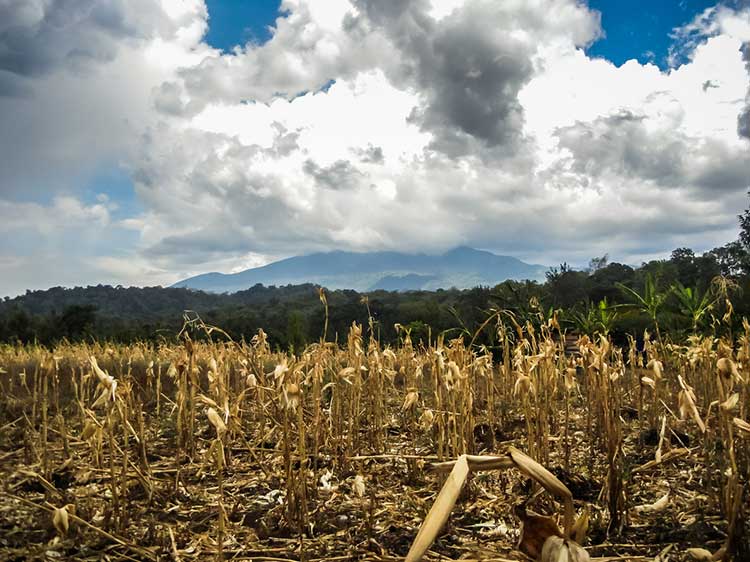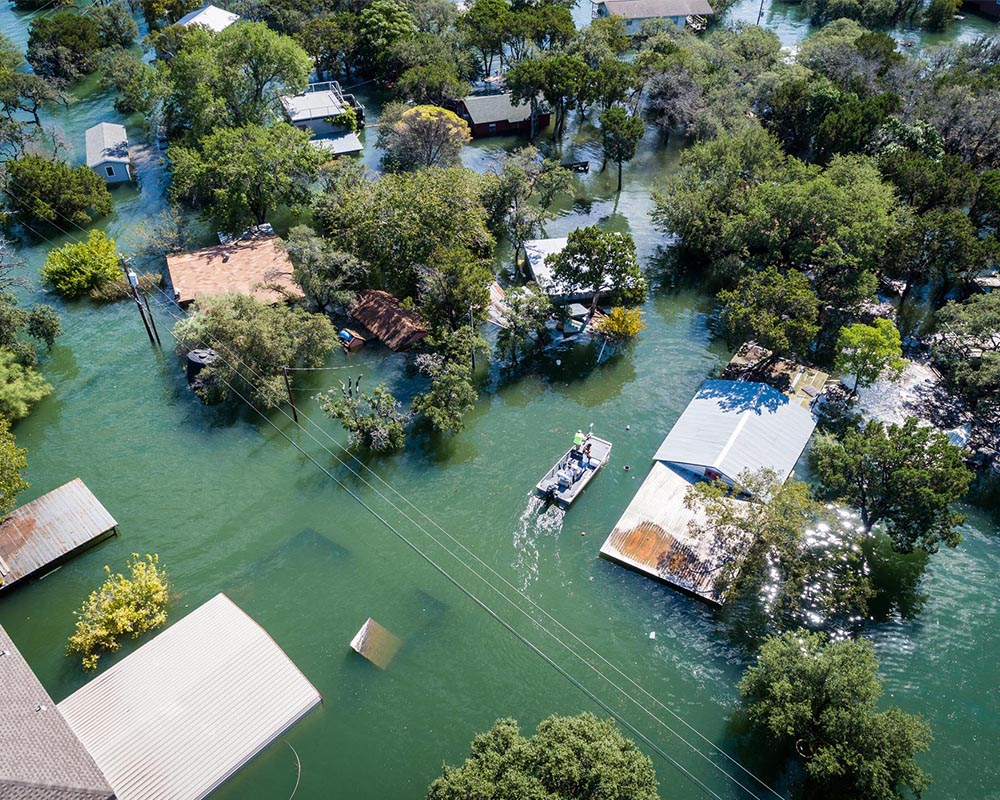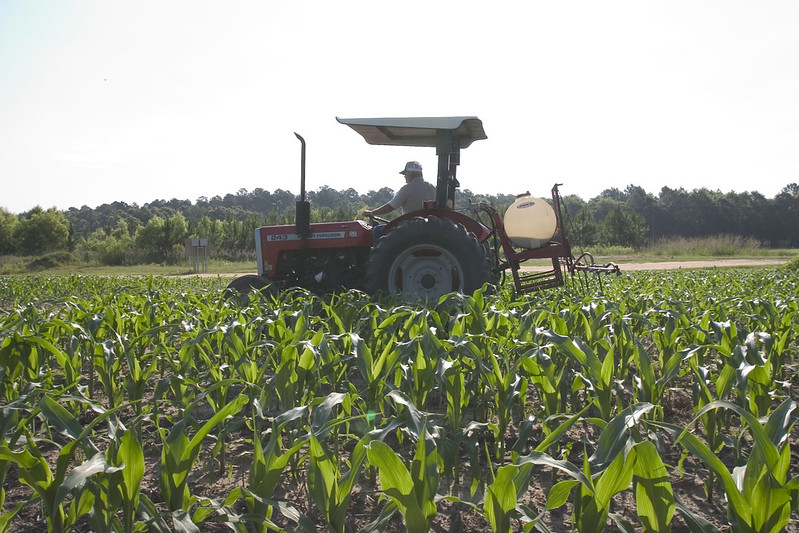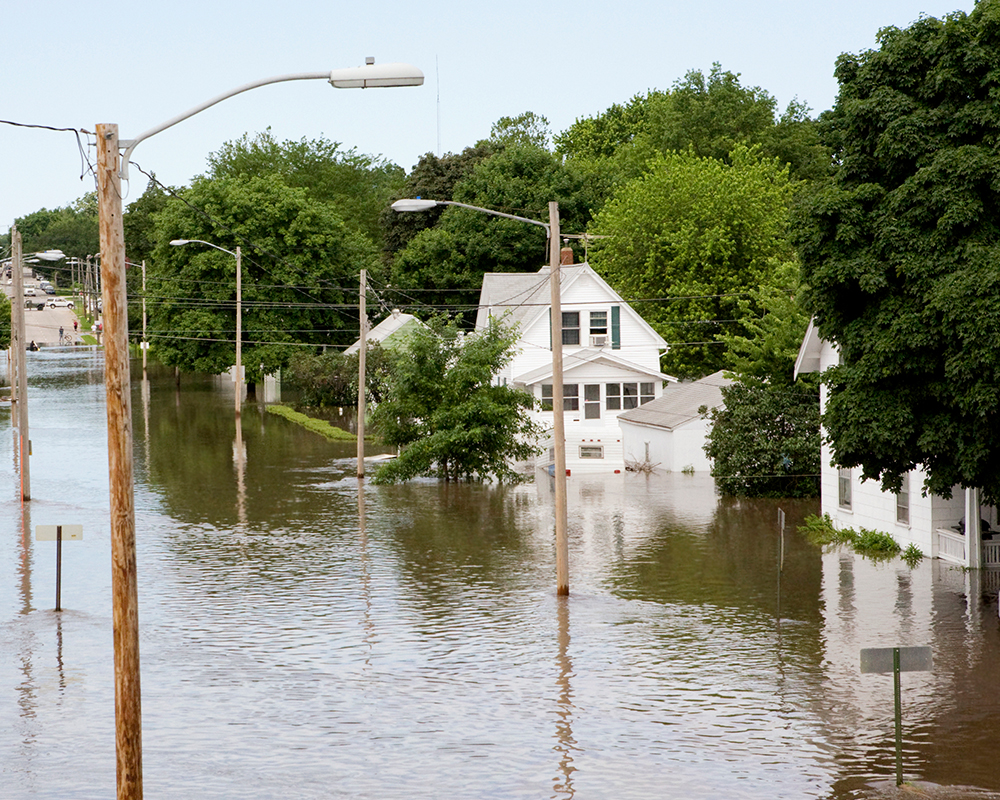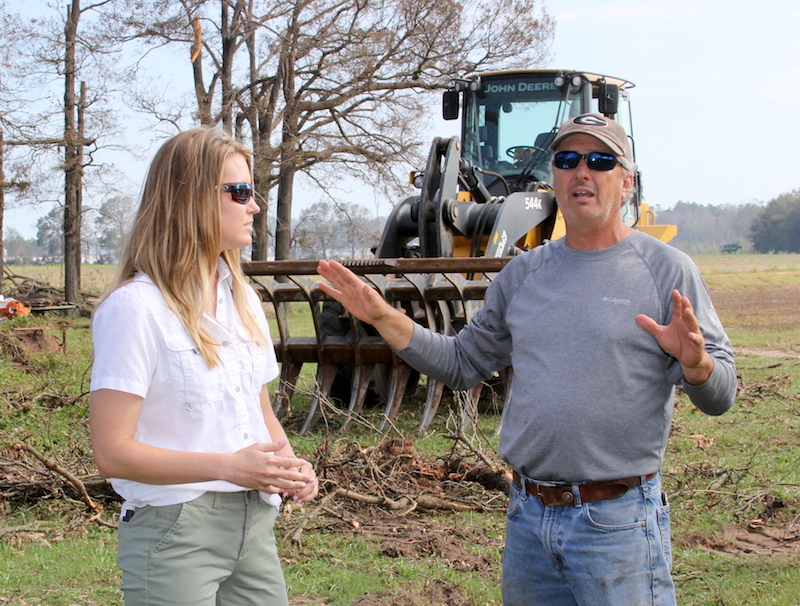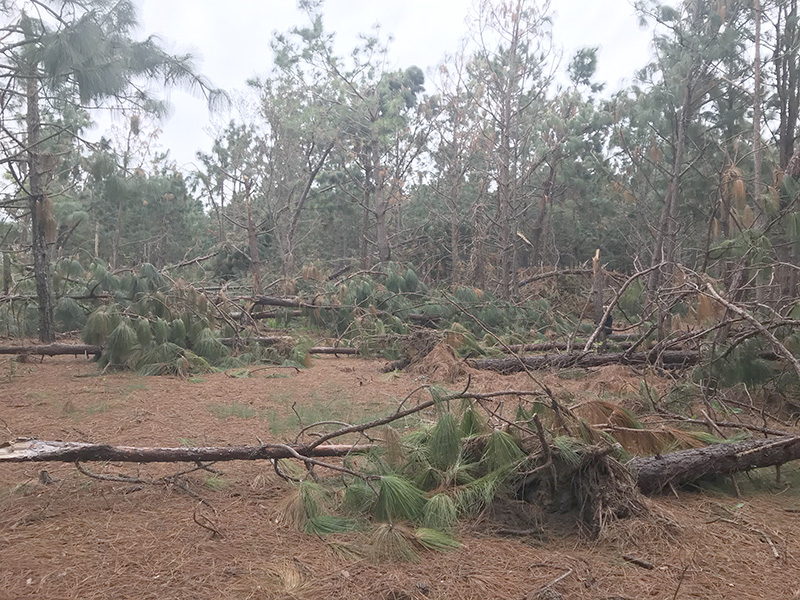.jpg) CAES News
CAES News
Master Agri-manager Program
Since launching Silo Springs Ranch in 2020, Audrey Gravelle and her husband have jumped many hurdles associated with starting a farm. They’ve found a meat processor, formed a limited liability company and marketed the finished product — in this case, grass-fed and finished cattle that is processed locally and sold directly to customers in Georgia. Starting a farm or agribusiness is more complicated than often realized — and comes with plenty of risk.

